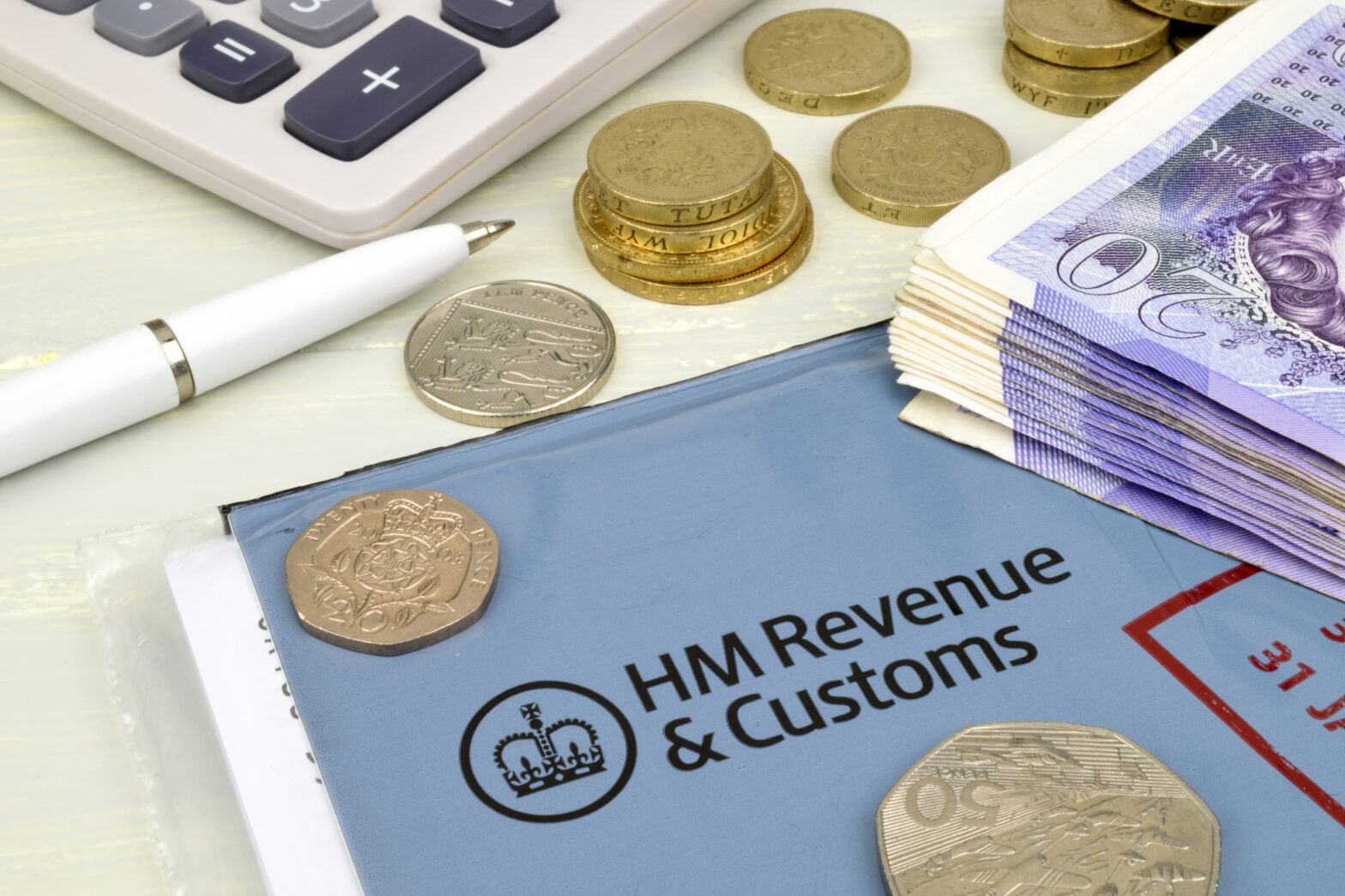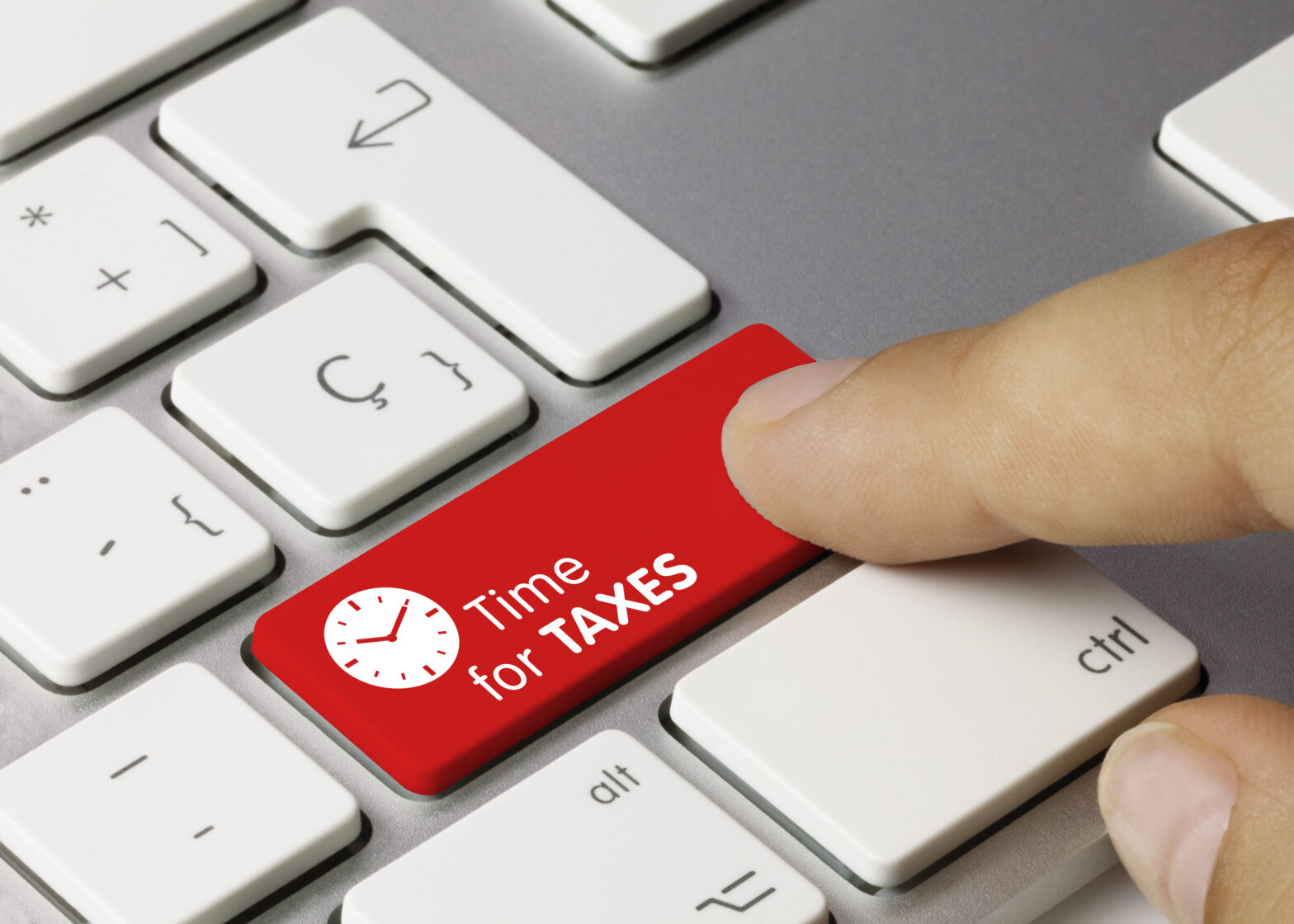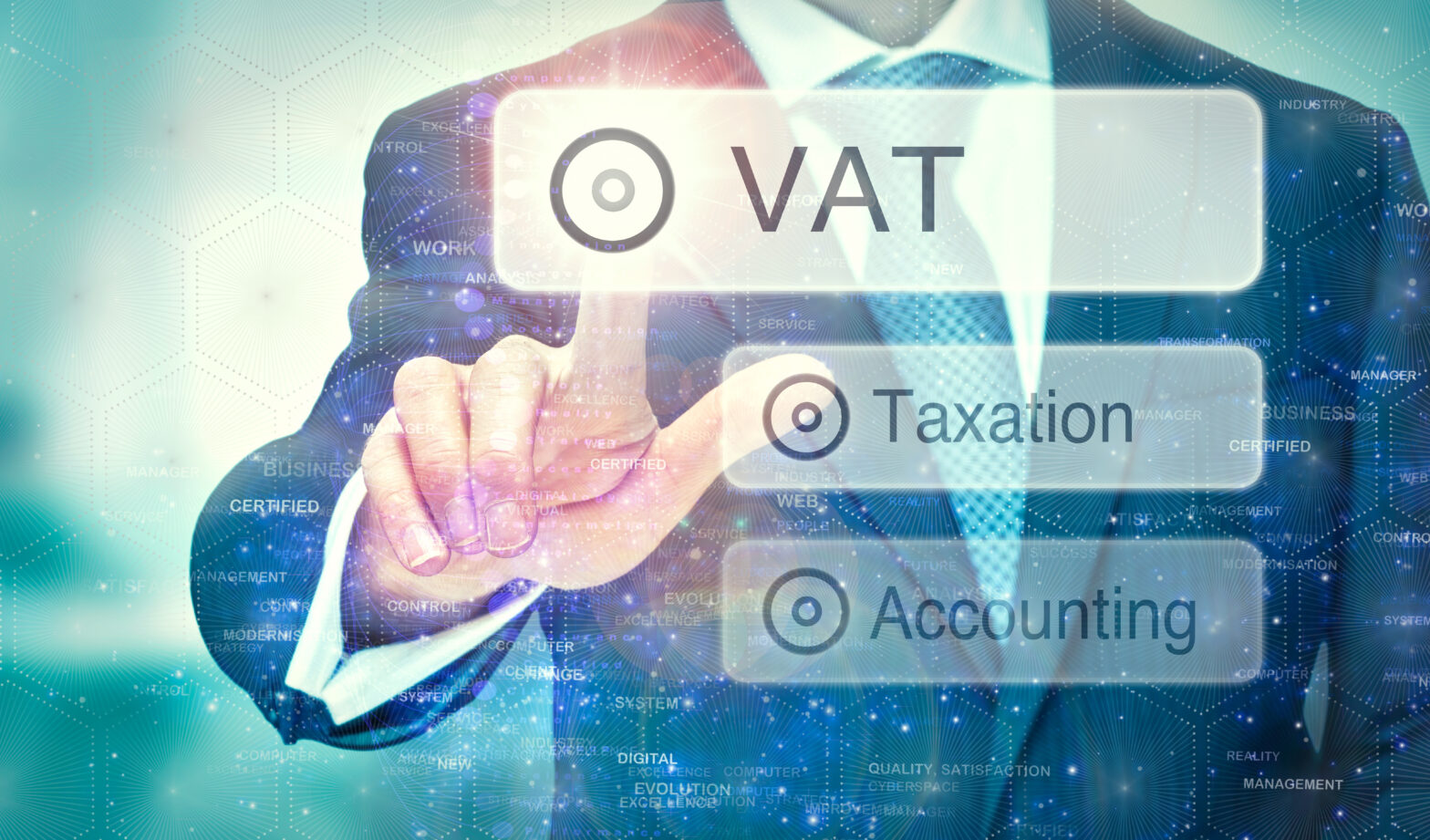The rollout of Making Tax Digital, HMRC’s rolling scheme for businesses to self-report tax owed, should be halted before it reaches the smallest of businesses.
So says the cross-party public accounts committee in its report on bridging the £31bn tax gap between tax owed and what actually comes into the Treasury’s coffers.
MPs warned that it was unclear whether the controversial rules had achieved their stated aim of reducing tax errors.
>See also: Making Tax Digital bridging software: what is it and how much does it cost?
Since April 2019, VAT-registered businesses and the self-employed people with a turnover in excess of the £85,000 VAT threshold have been forced to use accounting software when they file their returns.
From April 2022, HMRC wants all VAT-registered businesses to adhere to Making Tax Digital. Self-employed people and landlords with a turnover of more than £10,000 will face the extra requirements from 2023.
Critics say the cost of applying the new rules has been unreasonably high. A report by trade body Association of Taxation Technicians found that some small businesses had been forced to spend more than £5,000 on software and training.
>See also: Five steps for small businesses Making Tax Digital
Extending the scheme to the smallest of businesses “will impose extra, and possibly unreasonable, costs on some individual taxpayers and small businesses,” warned MPs, “…at a time when individual taxpayers and small businesses are under considerable pressure”.
The committee urged HMRC to assess whether the scheme was “reasonable and affordable” before widening its scope.
The public accounts committee is chaired by Labour MP Meg Hillier. Other high-profile MPs on the committee include former shadow trade secretary Barry Gardiner and stalwart Brexiteer Sir Bernard Jenkin.
During the last election, Labour pledged to scrap the rollout of Making Tax Digital to all small businesses as part of its business manifesto.





